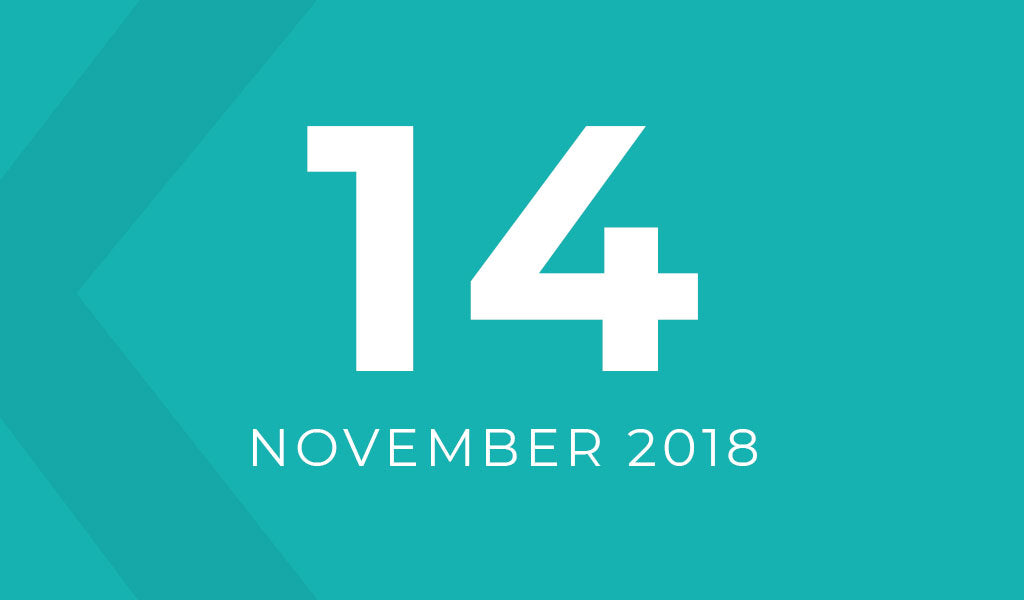
Individual Tax Budget 2018 – Update
The tax-free Personal Allowance will rise from £11,850 to £12,500 (the amount you earn before
you have to start paying income tax) in April 2019, an increase of £650.
The higher rate threshold (the level at which 40% income tax is paid) will increase from £46,350 to £50,000 in April 2019.
Capital gains tax annual exemption amount to increase to £12,000 for individuals and £6,000 for trustees from 6 April 2019.
Property owners
Principal private residence relief
In a surprise announcement, the following changes are to be made to principal private residence (PPR) relief, also known as only or main residence relief, with effect from 6 April 2020:
- The final period of exemption will be reduced from 18 months to nine months (this will not affect the final period of exemption for those who are disabled or in a care home; that will remain at 36 months). Final period exemption currently means people do not have to pay capital gains tax on gains made in the final 18 months of ownership, even if they are not an owner-occupier during that period. A long exemption period means that more relief can accrue on two properties (an unsold one and a new one) simultaneously. The government stated that ‘this is out of line with the intention of the exemption, which is meant to protect those who move to a new main residence but are unable to sell their original home immediately’.
- The conditions for letting relief will be amended such that relief will only be available where there is shared occupancy (i.e. the owner and tenant both live in the residence). Lettings relief currently provides up to £40,000 of relief (£80,000 for a couple) to those who let out a property that is, or has been in the past, their main residence. The relief is available even if the owners have not lived in it for a long time.
Both these reliefs are very generous for those who have lived in a property, which they have then had to rent, say because they have been unable to sell. The changes will have no impact for those landlords who have never lived at the property.
Rent-a-room relief
It had been expected that the rent-a-room relief conditions would be amended from 6 April 2019 to include a shared occupancy condition; that the individual or a ‘member of the individual’s household’ must use the residence as sleeping accommodation for all or part of the period of the tenancy in order to qualify for rent-a-room relief on the rents. This measure was being considered to deal with the rise in Airbnb type lets.
The Rent a Room Scheme lets you earn up to a threshold of £7,500 per year tax-free from letting out furnished accommodation in your home. This is halved if you share the income with your partner or someone else.
However, it was announced at Budget 2018 that this will not now be legislated in Finance Bill 2019. Unlike other provisions, no revised legislative timetable is given. Therefore, it would appear that this change has been dropped following the responses to the draft legislation.
Non-resident capital gains tax on non-residential properties
From 6 April 2015, the capital gains tax regime was extended to non-UK residents disposing of UK residential property. The rates of tax which apply are 18% and 28% for individuals, trusts and unincorporated persons, and 20% for corporates. The non-resident capital gains tax (NRCGT) regime will be extended to non-residential property with effect from 6 April 2019 (1 April 2019 for companies), meaning all disposals of interests in UK land by non-residents will be within the scope of the regime. Further details can be found in our October newsletter.
Stamp duty land tax
From 1 April 2016, a higher rate of SDLT (effectively, the addition of 3% to the main rate) applies to purchases of:
- additional property by individuals (this also applies where the individual is a part-owner in a residential property and then buys a residential property of his own);
- residential property by companies and trusts other than bare trusts or interest in possession trusts.
Two changes to the rules will be implemented with effect from 29 October 2018:
- the taxpayer has 12 months to amend the SDLT return (increased from three months) from the date he sells his previous home — where the individual buys a new home before selling the old one, the higher rate of SDLT is payable but the return can be amended following the
sale of the first home in order to reclaim the excess SDLT and
- the definition of a ‘major interest’ in land for these purposes will be amended as HMRC has received representations that it is unclear whether the existing definition includes an undivided share in land.
Class 1A NIC on termination payments
The plan to charge Class 1A NIC on the excess of termination payments over £30,000 (the tax-free payment limit) is delayed by one year and now will not be in force until April 2020.
Pensions
Despite some speculation that pensions tax relief might be changed in the Budget, the only announcement was to increase the lifetime allowance by the standard inflationary amount, which came into effect year-on-year from 6 April 2018. The revised amount is £1,055,000 in 2019/20, increasing from £1,030,000 in 2018/19.
The following remain unchanged:
- annual allowance: £40,000
- money purchase annual allowance: £4,000
- income level above which annual allowance is tapered at £150,000
Time limits for offshore assessments
HMRC will have 12 years to raise assessments on offshore matters (as opposed to six years), even if the taxpayer has made an innocent error. This will catch years back to 2013/14 where the taxpayer has been careless, or 2015/16 where the taxpayer made a mistake despite taking reasonable care.
The legislation will include a provision that these extended time limits will not apply if HMRC already has the information to assess the tax due under international agreements.


